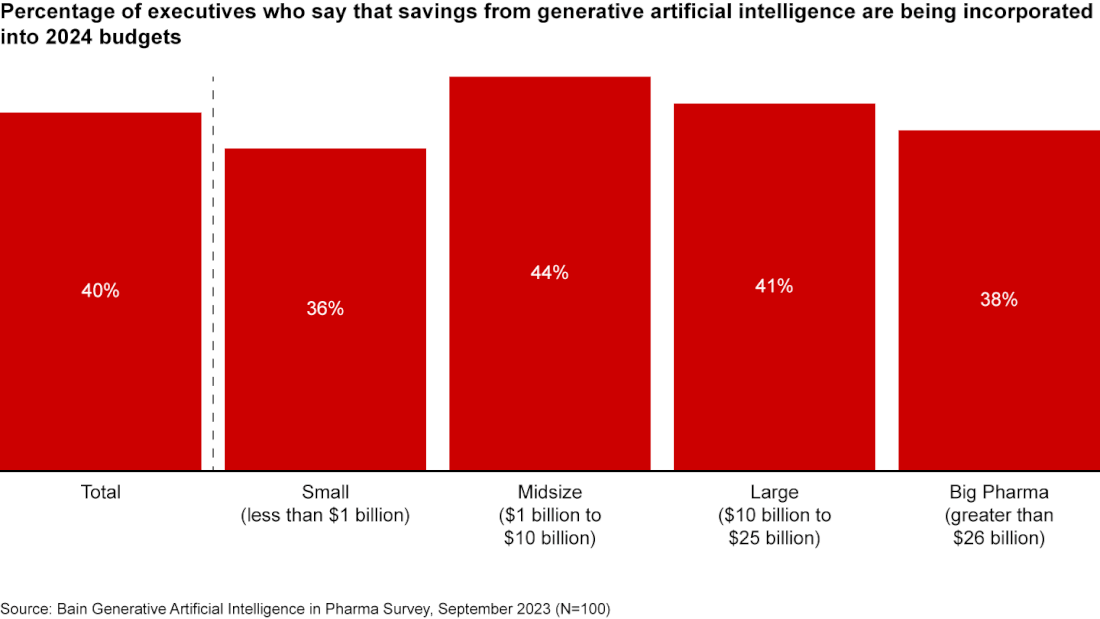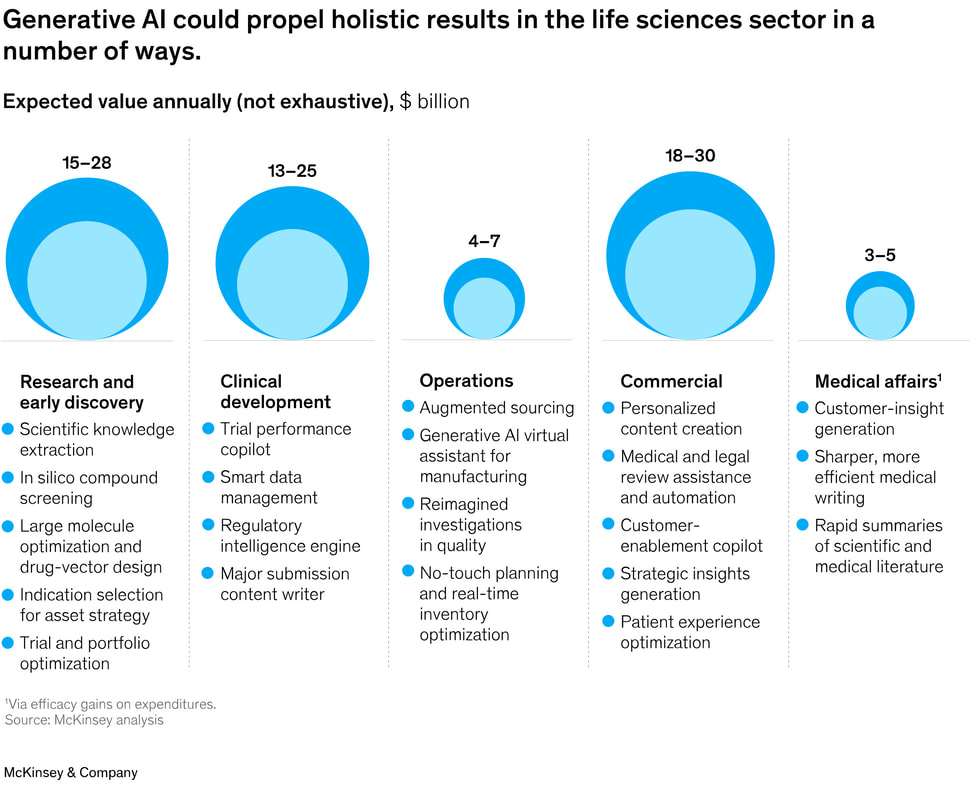|
Review of Bain & Company Article | How to successfully scale generative AI in pharma | February 12, 2024
|
AboutIn this blog we review important trends and insights from global thought leaders including McKinsey, BCG Categories
All
Archives
March 2024
|











 RSS Feed
RSS Feed
